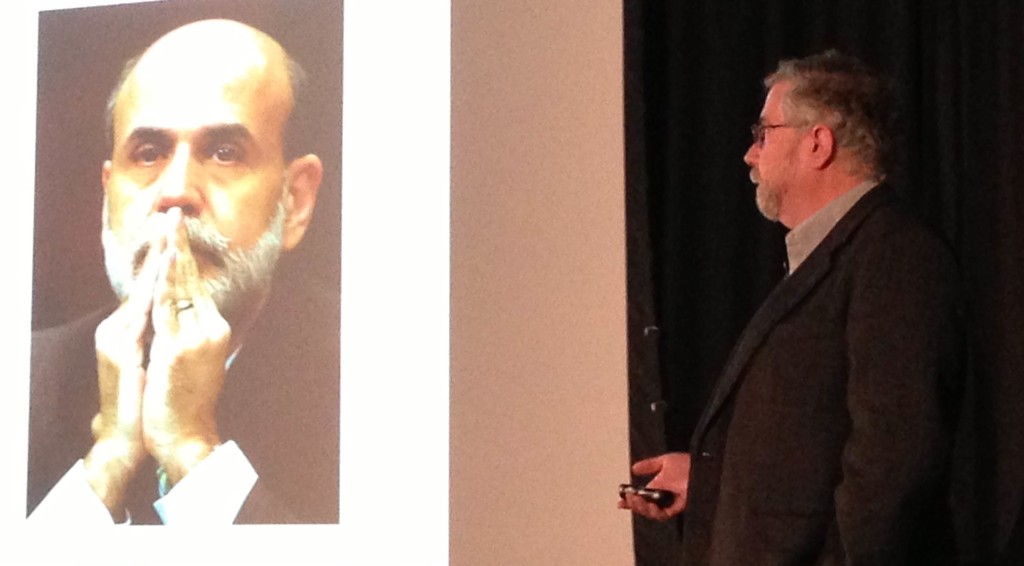Every spring, the title question is inevitably posed by wide-eyed, sleep-deprived high school seniors to their peers. The rat race otherwise known as the college admissions process in the United States is nearing its end (too slowly, for some).
In a guest post on Valerie Strauss’s The Answer Sheet blog in the Washington Post, Liz Willen from The Hechinger Report (shout out to Teachers College, Columbia University!) brilliantly captured the ritualistic process to which rankings-obsessed teens and parents around the country subject themselves year after year:
Listen closely, and the list of rejected valedictorians, team captains and accomplished test-takers will go on and on. You may even hear navel-gazing parents and students who received too many thin envelopes ask themselves, “Where did we go wrong?”
Willen’s point, however, is that this whole hubbub we (yes, I’m guilty of it, too) have built up throughout the academic year is completely wrong-headed, in terms of how it portrays higher education and in relation to what higher education actually means.

On my regular bus to Teachers College the other day, the quiet space I occupied alone in the back was suddenly overrun by high school seniors speaking much too loudly for a public space. Initially annoyed at having my peace and quiet disturbed, I became intrigued at the banter thrown around from one corner of the bus to another.
Student A: You applied to Harvard?? You know only like 6% get admitted, right?!
Student B: I know…
Student A: That means, if you filled up this bus with 100 people, only 6 people would get in!
Conversations like these are precisely the target of Ms. Willen’s post:
We go wrong by engaging in this wrong-headed, waste-of-time conversation at all, and by comparing our kids’ test scores and GPAs, their merits and drawbacks. Sure, it’s seductive to be drawn into side-by-side comparisons and speculate about the “secret formula” for getting into top schools like Brown University, where 28,919 applicants vied for acceptances that totaled just 2,649.
Even the new movie starring Tina Fey and Paul Rudd, Admission, has contributed to this cycle of hair-pulling and eye-gouging.
In the new comedy Admission, the Princeton admissions officer played by Tina Fey is repeatedly asked to divulge that formula.
“Just be yourself,” Fey falsely answers. The film illustrates how largely unsuccessful such advice is by showing a parade of accomplished applicants falling through the floor of Princeton’s committee room and into oblivion.
Unfortunately, the movie perpetuates Ivy League angst, promoting the wrong conversation in a country where community colleges enroll more than half of the students in higher education—and where the percentage of Americans between the ages of 25 and 64 with a two- or four-year college degree is just 38.7 percent.
How often have we heard this statement of “just be yourself?” Few colleges I know of actually say that, though. (For more on the waste-of-time conversation that Ms. Willen points out, these three words recently got lots of play after a satirical WSJ op-ed by a high school senior and a subsequently swift response via Gawker.)
College access and affordability issues have long been the focus of my research, and as such, it’s what I’ve written about. But, the real conversation about college admissions that Ms. Willen notes is absolutely a critical dialogue: it’s not about where you go to college; it’s about what you do in college.
While the general perception is that having a degree from an Ivy League school, Stanford, or MIT automatically trumps a degree from most other institutions, the truth is our focus should be on the substance of the degrees and not the degrees themselves.
And until all the guidance, mentorship, and training that we can offer high school students truly helps them and their families embrace substance over style as a key outcome of higher education, we’ll be having this same conversation next spring.
It looks like we have some work to do.











